So what is keyword intent and why is it so important? Keyword intent simply refers to the intent of the searcher. The intent of the ‘how to soundproof a room’ searcher is to find a guide or video explaining how to soundproof a room. If someone landed on the company’s homepage after searching ‘how to soundproof a room’ they would not get that guide and would have a bad experience. That’s why the company chose keywords with 10,000 less searches for the homepage. Although they were searched less, they were more relevant to the content on the homepage. SEO is all about relevancy!
Keyword research isn’t necessarily hard, but there’s definitely much more to it than what meets the eye. Sure, you can read a post like this and get a pretty good idea of how it should be done, but you won’t fully understand one of most important aspects of keyword research until you’ve grasped the concept of keyword intent.
For example, someone searching ‘Buy Yoga Towel’ on Google has the intent of buying a yoga towel. Someone searching ‘yoga poses’ has the intent of viewing free yoga poses and pictures. And someone searching ‘best yoga towel’ has the intent of reading an article comparing and contrasting different yoga towels. We can separate these into three groups: Shopping Keywords, Browsing Keywords and Comparison Keywords. Notice the difference between search results?
Shopping Keyword: Buy Yoga Towel

This search returns a page filled with links to places where you can buy a yoga towel. There are AdWords ads and Google Shopping Ads all over the place because the intent of the searcher is so very product focused. Also, notice that yoga towel product pages on Amazon and Wal-Mart occupy the first three positions of the non-paid search results.
Browsing Keyword: Yoga Poses

This search is more informational in nature so you don’t see a lot of advertisers on AdWords or Google Shopping bidding for it. Browsing Keywords like these don’t often lead to conversions, but they shouldn’t be completely ignored because they can be great topics for your company blog. Although they may not convert into sales, they could attract links and social shares which will help bring more traffic to your site for the more valuable shopping-related keywords. Notice that the first few results are for information related sites rather than e-commerce stores like Wal-Mart and Amazon.
Comparison Keyword: Best Yoga Towel

Comparison related keywords can go either way. Some people search them and assume whatever is at the top is the ‘best’ while others want to read reviews and make comparisons. Notice that there are AdWords and Google shopping ads in the results, but the first few non-paid results are NOT product pages. They are links to reviews and comparisons about the different products on the market. Comparison keywords are great article and blog post topics, but you’ll have to convince readers that your product is the best if you’d like to convert these searchers into sales.
If you’re using our Pay Per Click (PPC) Management Service you’ll find that we prefer to target keywords in the shopping and comparison category to help optimize your PPC budget. Browsing Keywords do convert on occasion, but we’d prefer to save them for a Social Media or SEO Campaign instead.

